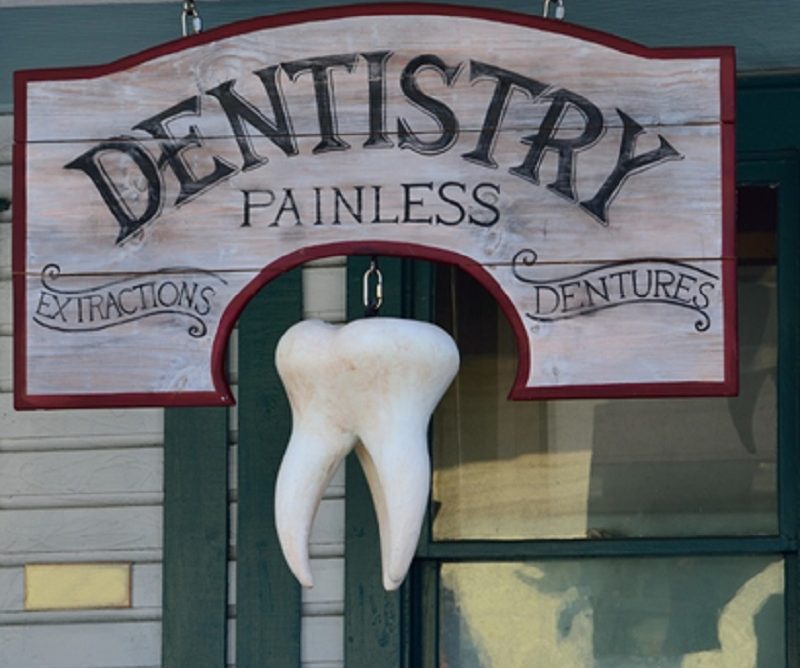Having any teeth removed can be an ordeal that might be enough to intimidate the bravest patients seeking out dentistry richmond. But in reality, this is a simple procedure that is performed for a variety of reasons. Whether the tooth has been damaged or become infected for any reason, your dentist will attempt to fix the problem before deciding on extraction.
In most instances, removing the tooth is a last resort as your dentist will typically opt to keep your teeth in your mouth. But in cases such as overcrowding of the teeth, there may be no other choice.
So now you’ve undergone extraction surgery. What’s next?
Dentist’s Instructions
Always follow these to the letter. Your dentist will give you some post-operative instructions and restrictions that are designed to ensure the proper healing of the extraction. There may be some discomfort or even pain in the area that has been worked on and you will need to be sure to avoid any infection from setting in which can impact your recovery time. In addition, you will need to be very careful about keeping your other teeth clean while your mouth heals.
Brushing and Flossing
Just because you’ve had an extraction doesn’t mean your routine care and maintenance of your teeth should be neglected. On the contrary, it’s much more important than usual so as to reduce the potential of infecting your extraction site. You need to be extremely gentle and careful when you brush and floss anywhere near the extraction area.
Pain Management
 Not all patients will experience pain or discomfort after a tooth extraction, but for those who do, the dentist will prescribe some form of pain medication to deal with it. You will need to take these medications as prescribed by your dental professional. Don’t deviate from these instructions in any way.
Not all patients will experience pain or discomfort after a tooth extraction, but for those who do, the dentist will prescribe some form of pain medication to deal with it. You will need to take these medications as prescribed by your dental professional. Don’t deviate from these instructions in any way.
You may also want to reduce swelling by applying an ice pack to the area that has demonstrated some inflammation due to the surgery. Be sparing in your application of a cold compress, applying it for short periods of time and then removing it. Repeat the process until the swelling goes down and the pain has subsided.
Monitor Your Oral Activity
Avoid using the area to chew food for at least 24 hours. You must allow the extraction area to clot fully and any undue strain to the area could prevent that from happening, which will prolong your recovery time. You should also avoid rinsing or spitting as this could also impact the clotting of the socket.
Do not use a straw to drink either. This can also affect the healing of the extraction area and draw blood to the surface of the socket, impacting the clotting process and increasing your risk of developing dry socket.
Rinsing
After 24 hours have passed, you can start to rinse the area with some salt and warm water. Do this gently as it can be very effective at cleaning the extraction area without disturbing the clot in the socket.

